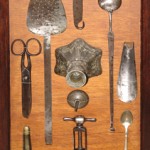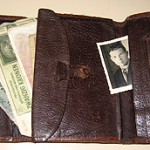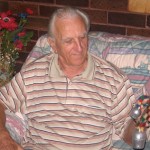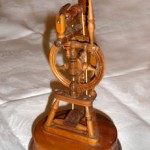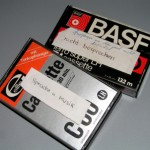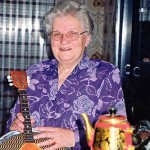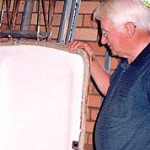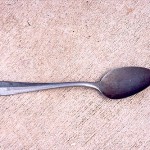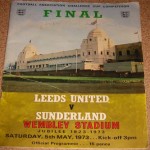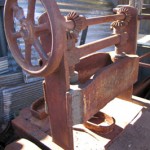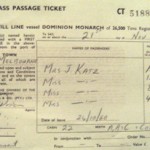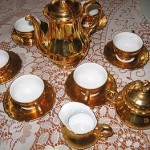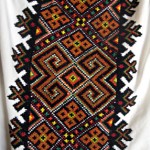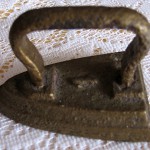Meet Ron Matthesius and see his 1960s German tiling trowel. Continue reading
who departed from germany
Meet George Bansagi and see the furniture magazine he used to build items for his first house in Wollongong in the late 1960s. Continue reading
Meet Zofia Radosz and see the handbag her mother was given en route to Gotha camp in Germany in 1944. Continue reading
Meet Alina Paczynski and see the communion bread the Red Cross sent to her husband’s POW camp in 1940. Continue reading
Meet Stella Lakomy and see her rug with the Polish WW1 war hero.
Continue reading
Meet Trudy Schilling and see the heating element and jug she used to make her own coffee at Bonegilla migrant hostel in 1959. Continue reading
Meet Harry Wolff and see the German records he played at Bonegilla migrant camp in 1966.
Continue reading
Meet Anton Potocnik and see his family kitchen utensils from Slovenia.
Continue reading
Meet Inga Krain and see her sugar cube holder from Germany. Continue reading
Meet John Kena and see his tractor driving license from 1941 when Estonia was Soviet-occupied. Continue reading
Meet Karl Karthauser and see the St. Christopher medal that saved his life in 1958.
Continue reading
Meet Hans Kaiser from Tweed Heads and see his mother’s see his miniature cow bells from Austria.
Continue reading
Meet Anna Iwanuscha and see her musical spinning wheel from Yugoslavia. Continue reading
Meet Peter Gwosdz and see the cassette tapes his parents sent from Germany.
Continue reading
Meet Alexandra Gilbert from the Ukraine and see the postcards she received as a forced labourer in Nazi Germany. Continue reading
Meet Wilhelm & Hilde Bittkow and see their fridge. It was one of the first items they bought after arriving in Orange in 1953. Continue reading
Meet Joe Cudars from Latvia and see his tablespoon.
Continue reading


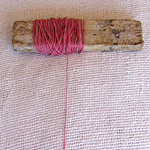
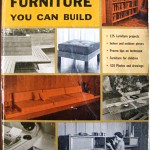
!["We carried these things with us from Poland: a family prayer book from which the family prayed [and] my first Holy Communion bible."](../cms/wp-content/uploads/2009/09/radosz-painting-150x150.jpg)


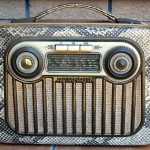
!["There were originally 60 or so German music records I carried over in my briefcase, but now I have only a dozen [and] they’re pretty worn out. They were songs we grew up with, and on hot summer nights in Bonegilla, it was wonderful to listen to our own music. I think it helped us bridge those first few months in Australia to get over our loneliness."](../cms/wp-content/uploads/2009/06/wolff-records-150x150.jpg)
